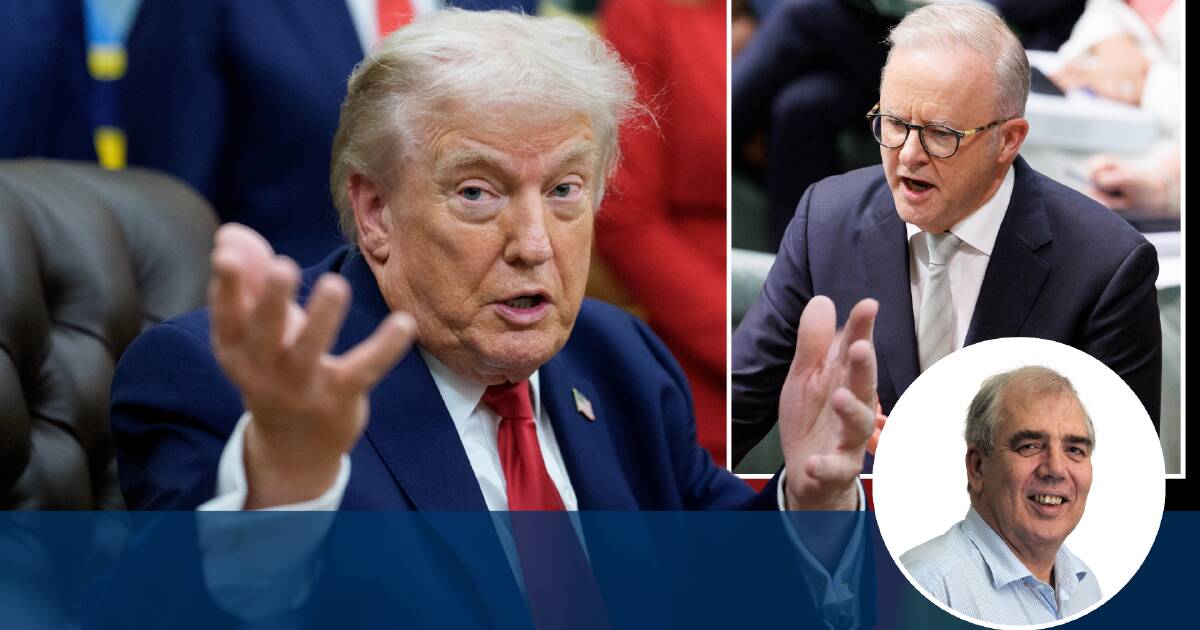
In a significant political turnaround, Ukrainian President Volodymyr Zelensky has reversed a controversial law that had sparked widespread protests among young Ukrainians. On Thursday, the Ukrainian parliament, known as the Rada, voted overwhelmingly to overturn a law that had threatened the independence of two key anti-corruption agencies: the National Anti-Corruption Bureau (NABU) and the Specialised Anti-Corruption Prosecutor’s Office (SAP).
The move came after thousands of young protesters took to the streets in towns and cities across Ukraine, marking the largest anti-government demonstrations since Russia’s full-scale invasion. The demonstrators, many of whom were students and young professionals, carried placards demanding the preservation of the agencies’ independence, a crucial condition for Ukraine’s European Union candidacy.
Protests and Political Reactions
As MPs gathered outside the parliament in Kyiv, they held signs reading, “We are with our people,” echoing the sentiment of the protesters. The young Ukrainians had been vocal in their demands for President Zelensky and his government to retract the law, which had initially passed just ten days prior. The original legislation had transferred prosecutorial powers from NABU and SAP to the general prosecutor, a presidential appointee, raising concerns about potential political interference in high-level corruption cases.
The protests underscored the importance of anti-corruption measures for Ukraine’s future, both in terms of domestic governance and international relations. Ukraine’s Western partners, including the EU, have been adamant that maintaining the independence of these bodies is non-negotiable, especially as they continue to provide critical financial support to Ukraine’s war-shattered economy.
Implications for Ukraine’s Democracy
The swift reversal of the law is seen by many as a testament to Ukraine’s democratic resilience. President Zelensky took to social media to reassure citizens, stating, “Ukraine is a democracy – there are definitely no doubts.” However, the episode has raised questions about the influence of Andriy Yermak, Zelensky’s chief of staff, whose role is not constitutionally regulated and lacks checks and balances.
Yermak’s influence in the presidential office has been a point of contention, with critics questioning the transparency and accountability of his position. This crisis has left an “unpleasant aftertaste,” as some analysts suggest, casting doubt on Zelensky’s commitment to anti-corruption reforms that are crucial for Ukraine’s EU aspirations.
Historical Context and Future Outlook
Ukraine’s journey towards European integration has been fraught with challenges, particularly in the realm of governance and corruption. Since gaining EU candidate status in 2022, Ukraine has been under pressure to demonstrate a credible commitment to fighting corruption, a requirement for further integration.
Historically, Ukraine has struggled with corruption, a legacy of its Soviet past. However, the establishment of NABU and SAP represented significant strides towards transparency and accountability. The recent protests highlight a generational shift, with young Ukrainians increasingly demanding a government that aligns with European democratic values.
“For the placard-waving protesters, safeguarding the independence of NABU and SAP was as crucial to their European future as the war against Russia was a matter of life and death for their country.”
Looking ahead, the Ukrainian government faces the challenge of rebuilding trust with its citizens and international partners. The swift reversal of the law may have placated immediate concerns, but the underlying issues of governance and transparency remain. As Ukraine continues to navigate its path towards European integration, the role of civil society and the younger generation will be pivotal in shaping the country’s democratic future.
The events of the past week underscore the dynamic nature of Ukraine’s political landscape, where citizen activism can drive significant policy changes. As the country continues to defend its sovereignty against external aggression, the internal battle for democratic integrity remains equally crucial.







